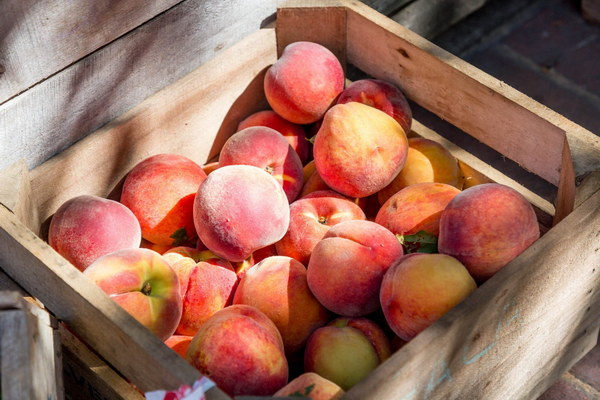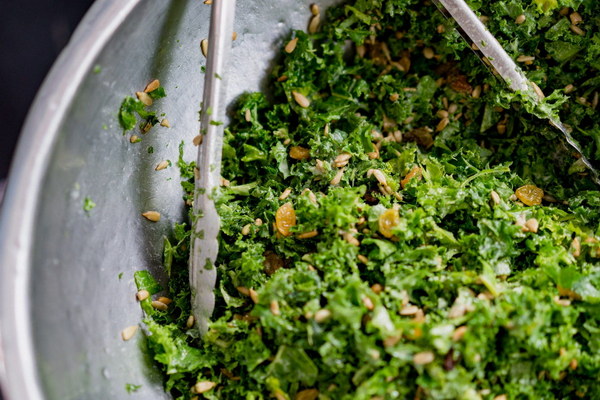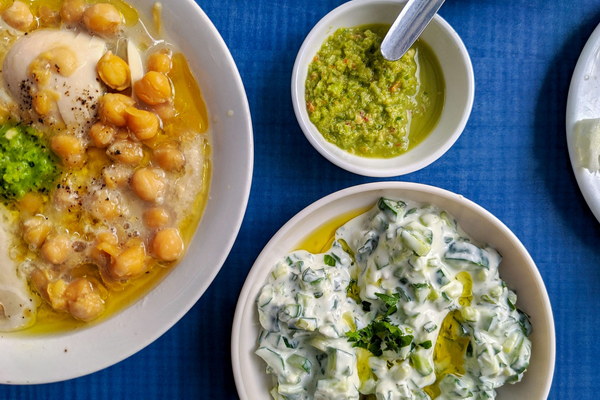Revitalize Your Spleen and Stomach A Holistic Approach to Treating Spleen and Stomach Cold
Introduction:

Spleen and stomach cold, also known as spleen and stomach deficiency, is a common traditional Chinese medicine (TCM) diagnosis that refers to a condition where the spleen and stomach are weakened, leading to symptoms such as fatigue, bloating, diarrhea, and a weak appetite. In this article, we will introduce a comprehensive approach to nourishing your spleen and stomach, focusing on diet, lifestyle, and natural remedies.
I. Understanding Spleen and Stomach Cold
Spleen and stomach cold is a condition where the body's internal energy, known as Qi, is deficient, particularly in the spleen and stomach meridians. This deficiency can result from poor diet, stress, or an overconsumption of cold and raw foods. To combat this condition, it's essential to adopt a holistic approach that strengthens the spleen and stomach and improves overall health.
II. Diet for Nourishing Spleen and Stomach
1. Focus on Warm, Starchy Foods: Incorporate warm, starchy foods like rice, noodles, and potatoes into your diet. These foods provide energy and help to warm the spleen and stomach.
2. Choose Soothing Vegetables: Include vegetables like carrots, sweet potatoes, and pumpkin in your meals. These vegetables are gentle on the stomach and help to strengthen the spleen.
3. Avoid Cold and Raw Foods: Cold and raw foods can exacerbate spleen and stomach cold symptoms. Limit your intake of salads, iced drinks, and cold meats.
4. Consume Herbs and Spices: Herbs like ginger, cinnamon, and cloves are excellent for warming the body and aiding digestion. Incorporate these spices into your cooking or consume them in tea form.
5. Eat Regularly and in Moderation: Eating small, frequent meals can help maintain a steady supply of energy to the spleen and stomach, preventing overeating and subsequent discomfort.
III. Lifestyle Adjustments
1. Regular Exercise: Engage in gentle, moderate exercise like walking, tai chi, or yoga to promote the flow of Qi and strengthen the spleen and stomach.
2. Adequate Sleep: Ensure you get enough sleep, as it is crucial for the body's recovery and energy production.
3. Stress Management: Practice stress-reduction techniques such as meditation, deep breathing, or journaling to maintain a healthy balance of Qi in the body.
4. Avoid Overeating: Overeating can overwhelm the spleen and stomach, leading to discomfort and further deficiency. Eat until you are satisfied but not stuffed.
IV. Natural Remedies
1. Acupuncture: Acupuncture can help to stimulate the flow of Qi in the spleen and stomach, alleviating symptoms and promoting healing.
2. Chinese Herbs: Consult with a TCM practitioner to determine the best herbal formula for your specific condition. Common herbs used to nourish the spleen and stomach include astragalus, codonopsis, and white atractylodes.
3. Massage: Massaging the spleen and stomach meridians can help to relieve tension and improve circulation, promoting healing.
Conclusion:
By following these suggestions, you can effectively nourish your spleen and stomach, alleviate symptoms of spleen and stomach cold, and improve your overall health. Always consult with a healthcare professional before making significant changes to your diet or lifestyle. With dedication and patience, you can restore balance to your body and enjoy a healthier, more energetic life.









